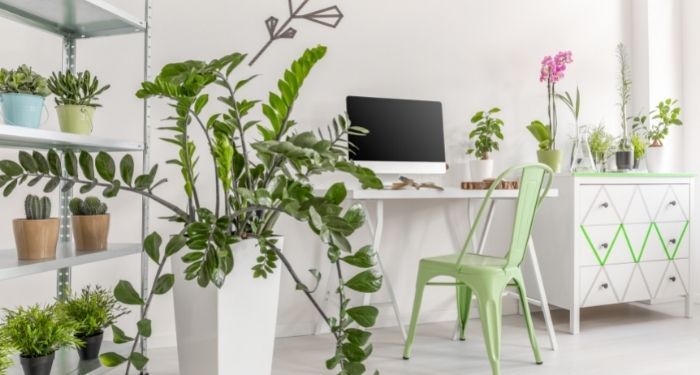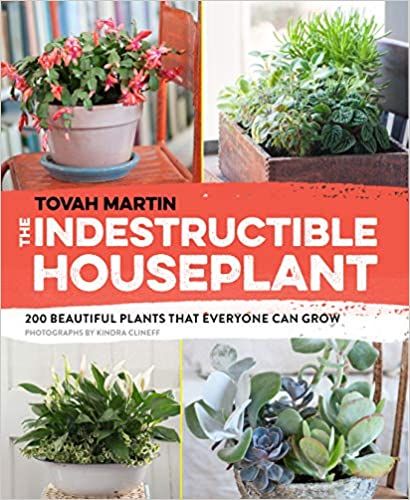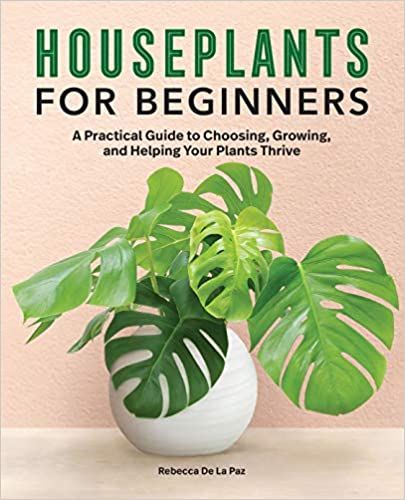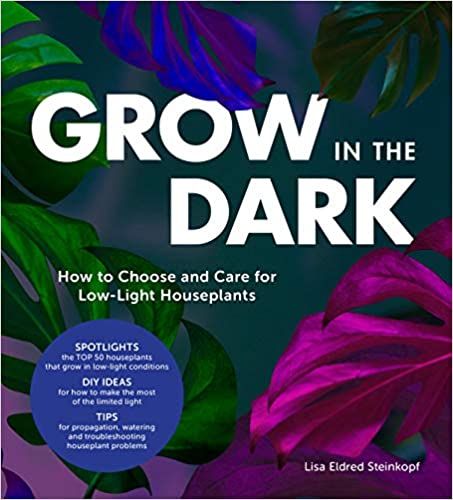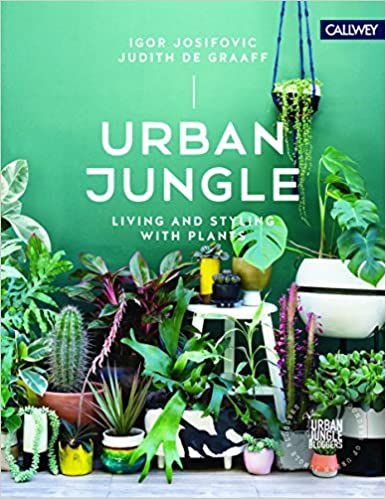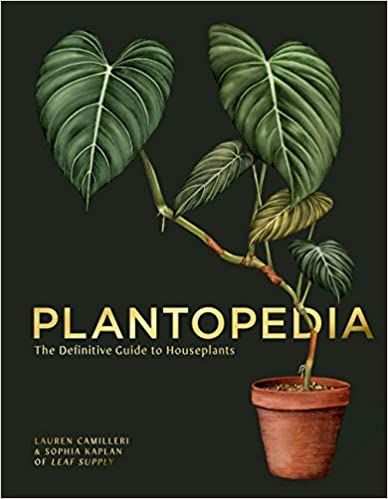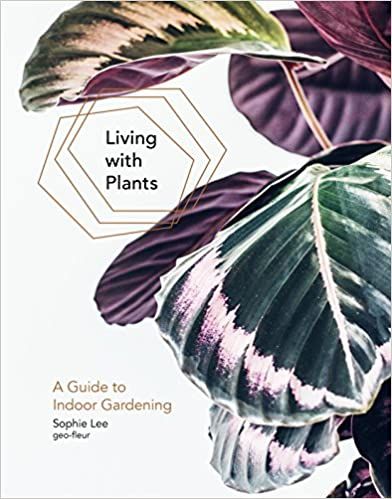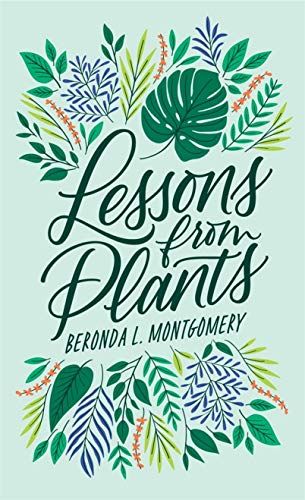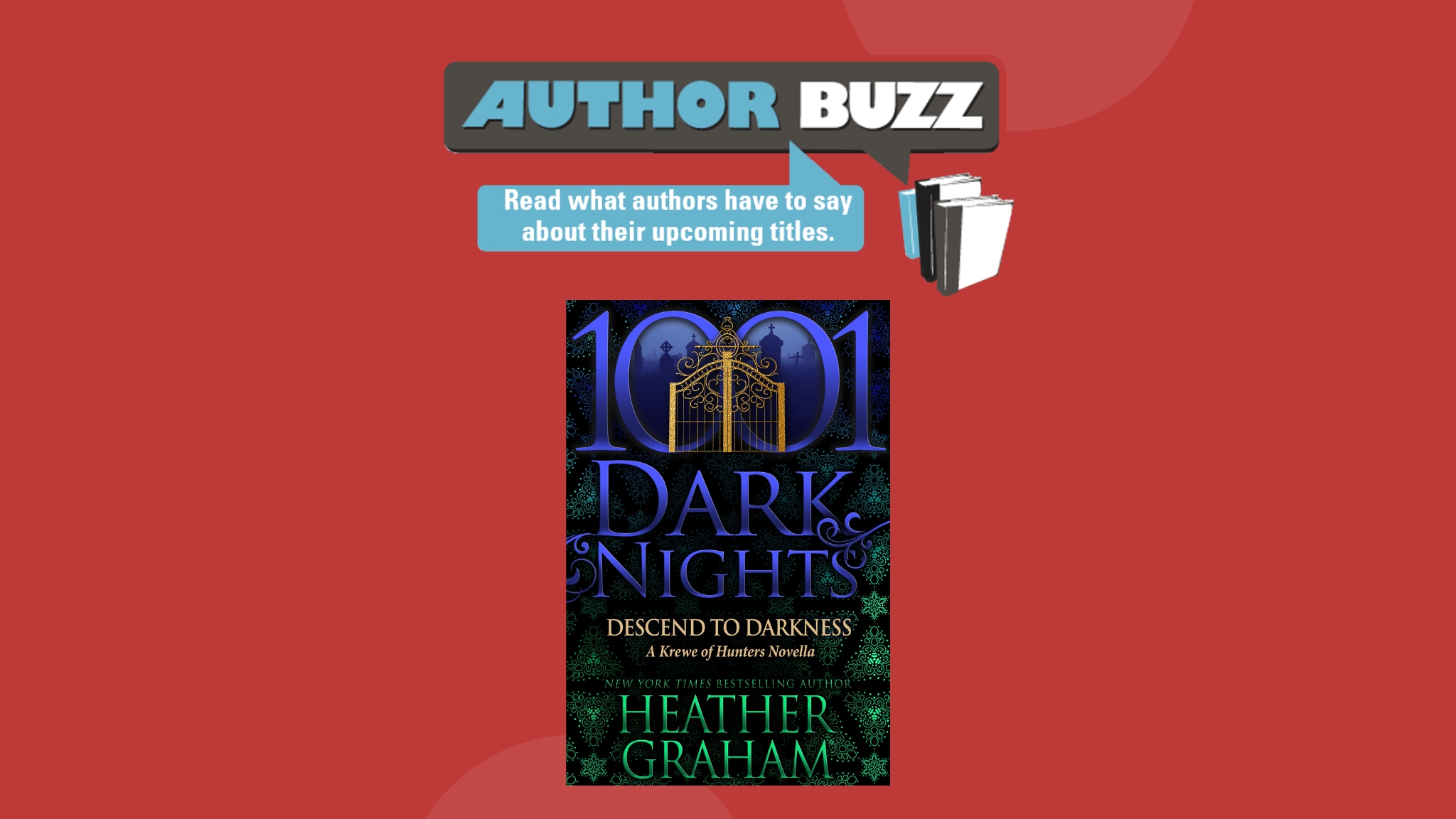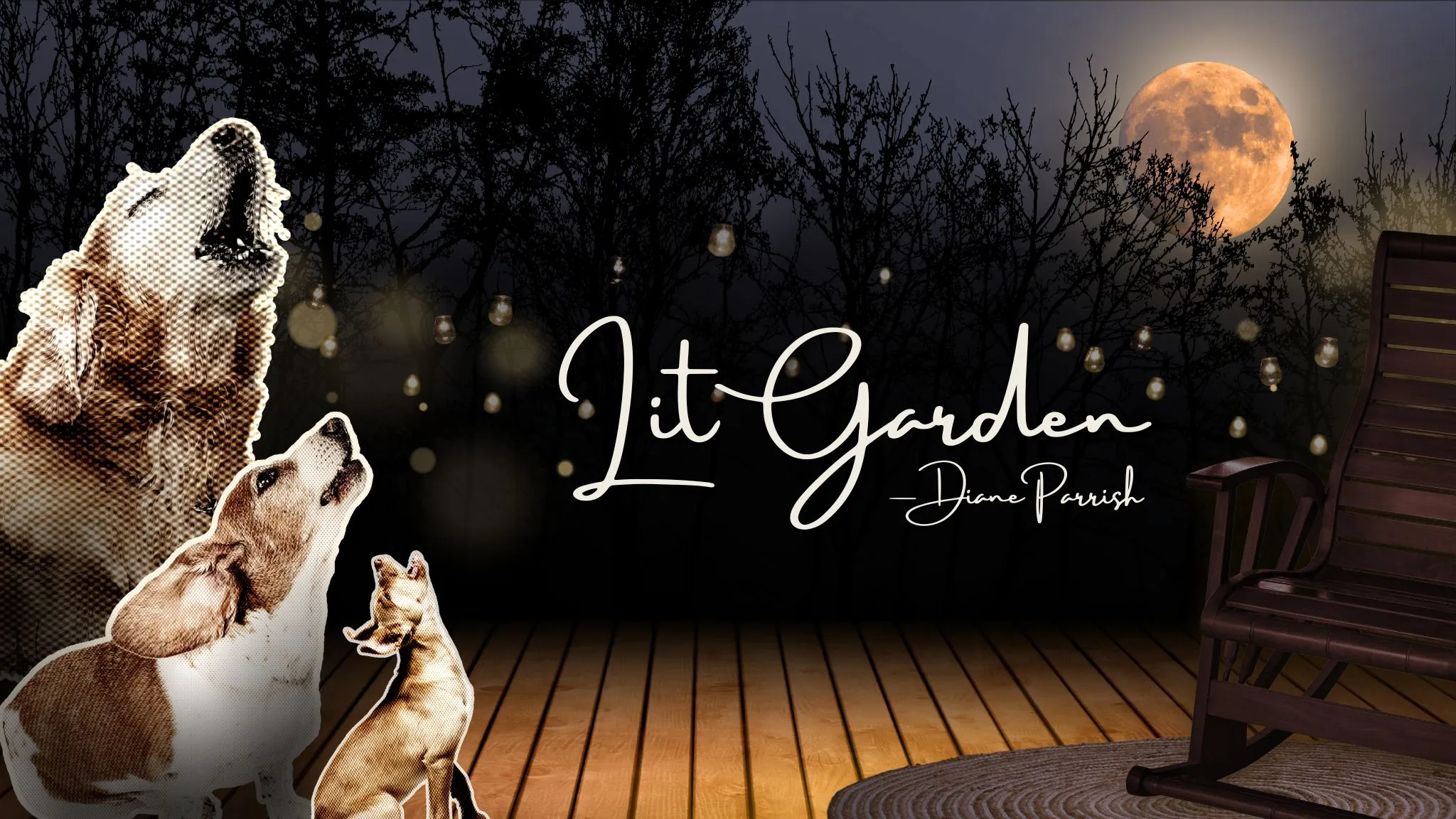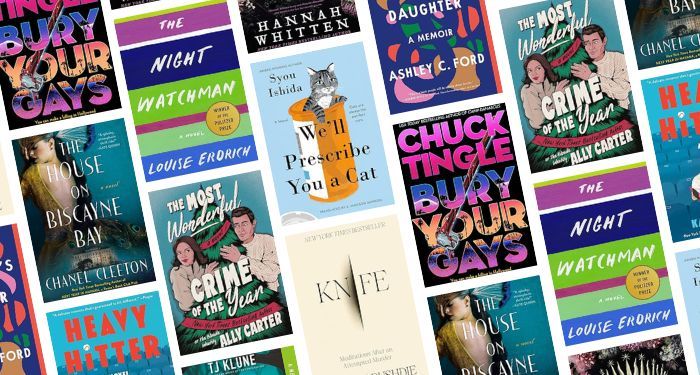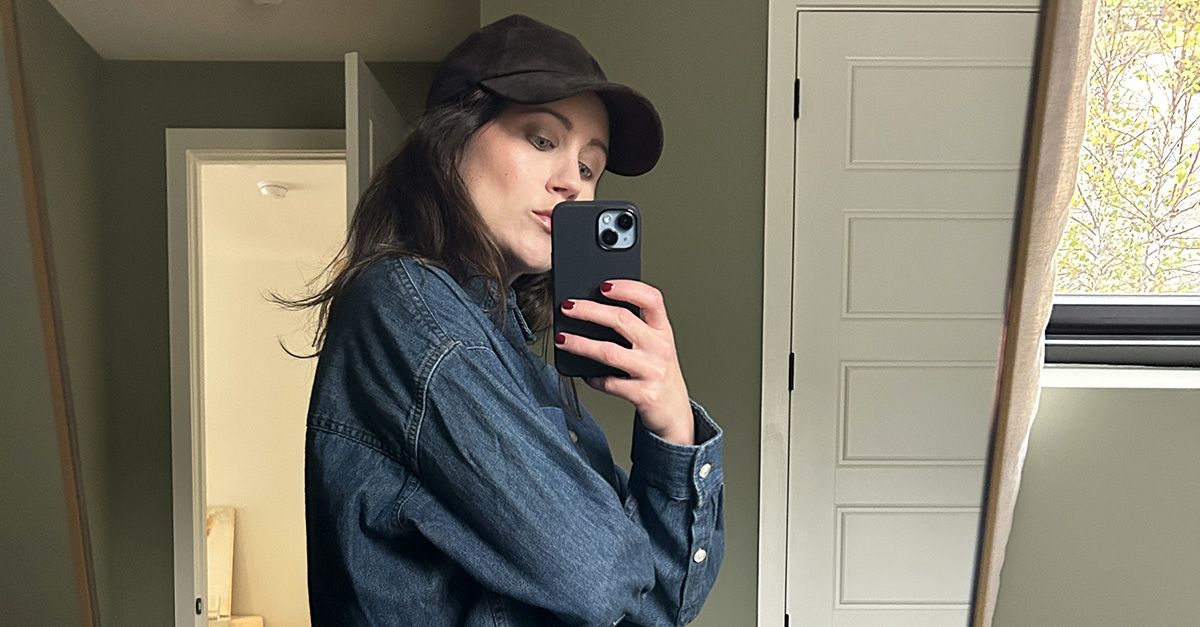This content contains affiliate links. When you buy through these links, we may earn an affiliate commission.
In 2019 and 2020, Anna and Tika gifted us with house plant books for beginners and more books about plants, respectively. One pandemic and a half later, more people are finding joy in the art of caring for and living with plants.
For me, it all started with a geranium. When I saw one at a nursery years ago, I was drawn to it because it was familiar. Back then, geraniums were one of the few plants I could recognize by name and by the shape of their leaves. It also reminded me of home, which made it the perfect plant. I thought of my mom stopping by her flowers in the middle of a conversation to pull and crumble the dry leaves, the smell of the geranium taking over for an instant.
I’m glad I didn’t run into one of the other plants my mom takes care of when browsing the nursery. Had it not been a geranium, which happens to be a resilient flower, it is very likely that the poor plant I brought home out of nostalgia would have died. But geraniums have been good to me. I love that if a little branch or even a leaf breaks, I can insert it in soil, and it has a good chance of living and growing. Over the years, like most people who love plants, I picked up gardening skills through trial and error, but I don’t always have enough free time to learn everything I need to know to keep my house plants happy. So I turned to books. The list below addresses different levels and styles for keeping and caring for houseplants.
The Indestructible Houseplant: 200 Beautiful Plants that Everyone Can Grow by Tovah Martin
One of the concerns with finding indoor plant options in books instead of in the local nursery is that although the plants may be undeniably beautiful, they may not do well in the specific climate of my house. Not all indoors are the same. Light (natural or not) and humidity are obvious important factors, but also how often we will realistically remember to water the baby plant. With 200 options to choose from, this book makes it easier to find the perfect plant to get started or to add to the family. Martin includes care instructions and a picture for each plant, and her friendly tone makes the reading not only helpful, but fun.
Houseplants for Beginners: A Practical Guide to Choosing, Growing, and Helping Your Plants Thrive by Rebecca De La Paz
Houseplants for Beginners includes 120 common houseplant profiles grouped from low maintenance to high maintenance with instructions on how to take care of them. The descriptions for featured plants include a photograph, general information, care instructions, and tips for medicinal uses and propagating. This book is great for anyone who wants to learn how to shop for and repot houseplants, choose the best place in your home for them, and grow an understanding for their health benefits. If you live with pets, this book will be particularly helpful because it includes a note “Pet Friendly/Not Pet Friendly” above the photograph for each plant.
True Story Newsletter
Sign up for True Story to receive nonfiction news, new releases, and must-read forthcoming titles.
Thank you for signing up! Keep an eye on your inbox.
By signing up you agree to our terms of use 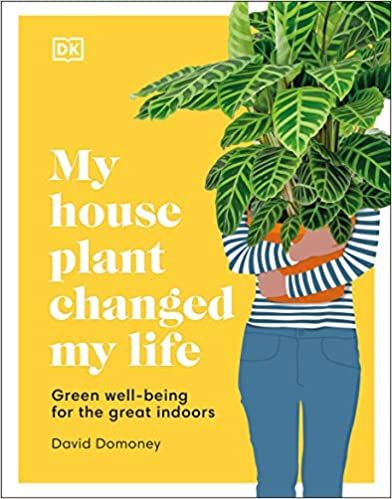
My Houseplant Changed My Life: Green well-being for the great indoors by David Domoney
Drawing on scientific research, My Houseplant Changed My Life reveals the 50 most life-enhancing houseplants with explanations on how they can purify the air and improve mental well-being through their color, scent, habit, and nurturing needs. It includes informative descriptions and illustrations of common houseplants and their benefits. One of the great things about this book is that you probably already have some of the featured plants, and this book will allow you to learn more about them, including fun facts, care, and history.
Grow In The Dark by Lisa Eldred Steinkopf
One of the frustrations I experience when I see house plants in magazines or online is the gigantic windows next to the featured plants. Not everyone has gigantic windows and not everyone lives in a place that is sunny all the time. Even if one is lucky to have a room with a lot of natural light, there may be other parts of the house where the natural light does not reach as much, but that of course need plants too. I was happy to find this book with suggestions for indoor plants that will not only survive, but thrive in areas with limited natural light. Grow in the Dark includes care instructions for 50 of the best houseplants one can grow in dim or low-light spaces. If you want to grow plants in low-light, this is the book for you.
Urban Jungle: Living and Styling with Plants Hardcover by Igor Josifovic
The stylish collection of photographs included in this book invites the reader to visit portraits of houseplants in European homes. The book serves as a gallery that helps visualize plants in different spaces. Along with the photographs, there are also DIY ideas for styling and tips on how to plant. Beginner and experienced gardeners alike will be inspired by Josifovic’s décor ideas and plant combinations.
Plantopedia: The Definitive Guide to Houseplants by Lauren Camilleri and Sophia Kaplan
Plantopedia features more than 130 plant profiles including foliage plants, succulents, and cacti. The authors show thoughtful insights into how to choose plants for your home, including toxicity levels for pets. The beautiful photographs (by Jacqui Turk), are accompanied by difficulty ratings for growing each plant. Plantopedia is a good choice if you are looking for care instructions for common and rare houseplants. The different sections of the book have an underlying thread that invites the reader to foster a connection with plants. This connection results in strengthening our relationship with the natural world in general.
Wild At Home: How to Style and Care for Beautiful Plants by Hilton Carter
You may find this book in most lists about indoor gardening because Carter is one of the best guides out there. If you became a plant parent recently, Carter’s suggestions will help you keep the baby plants alive. If you already have a green thumb, you will still find this book rewarding because it goes beyond keeping plants alive to offer tips on how to style them. Carter’s approach to having plants offers step-by-step instructions for repotting, suggestions for choosing the right pots, and tips on how to propagate the plants you already have. It also provides a perspective on how plants enrich homes as beautiful objects and good health propellers, “having plants in your home not only add life, but changes the airflow throughout. It’s also a key design element when styling your place.”
Living with Plants: A Guide to Indoor Gardening by Sophie Lee
Living with Plants includes 30 projects to guide the reader to add greenery to their living or office spaces. It includes an overview of watering techniques, potting and repotting, and propagating indoor plants. Lee invites the reader to assess our watering and gardening patterns, and to think about the role we want plants to have in our lives. The overview of gardening techniques offers a concise guide for beginners, as well as beautiful pictures of plant décor that will make you want to get started on your own indoor jungle right away.
Lessons from Plants by Beronda L. Montgomery
In this book, Beronda L. Montgomery invites the reader to go beyond thinking of what plants can do for us, to appreciate their creative lives. Lessons from Plants, published by Harvard University Press, offers insights based on research conducted by Montgomery and her team, about what humans can learn from plants. “Plants have strength, knowledge, and intelligence that are worthy of admiration in and of themselves…” We see how plants grow and adapt, how they turn adverse conditions into opportunities — understanding the processes behind these actions is a gift that will make their nursing of our lives even more unbelievable.
If you are looking to share your love of plants with your little ones, or looking for a great gift for kids, consider 20 informative and inspiring plant books for kids.



